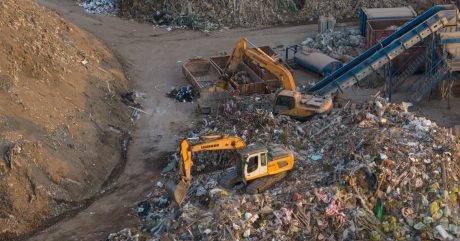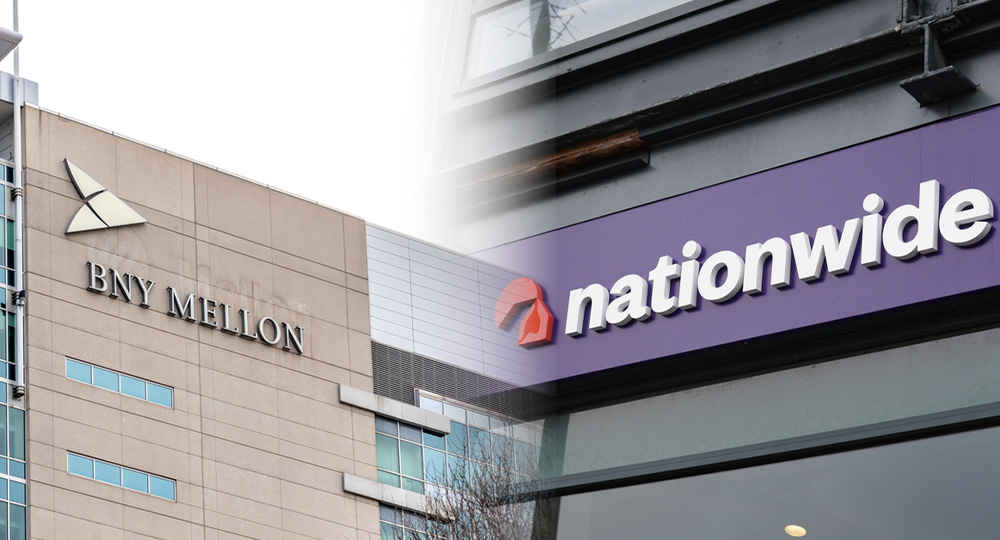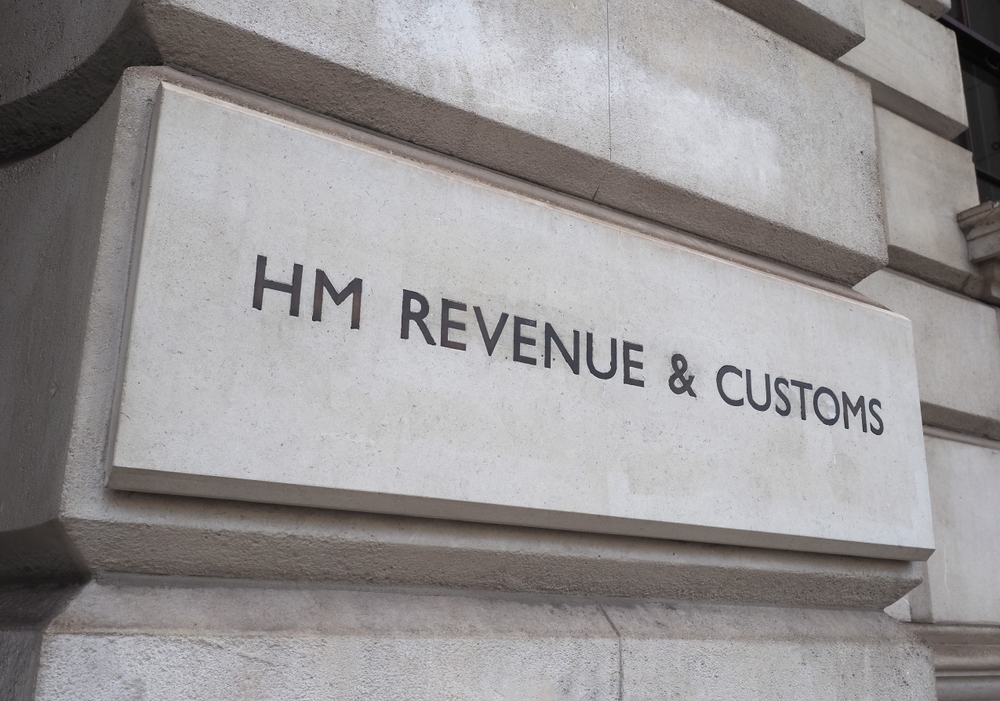The government’s spring 2025 tax update included a consultation on a proposed overhaul of the landfill tax regime, aiming to simplify the system, reduce fraud, and drive more materials out of landfill. Key proposals include transitioning to a single rate of landfill tax, removing the qualifying fines regime, and cracking down on unauthorised waste disposals. These changes align with environmental aims but will significantly reshape operations for landfill sites and will impact disposal costs for businesses.
Tax Litigation and Resolution partners David Pickstone and Anastasia Nourescu considered the main elements of the current landfill tax regime, the government’s proposed reform, and the impact of those changes on the industry in an article published by Tax Journal. Elements of that article are reproduced below.
Landfill tax: an introduction
On 28 April 2025, the government published a raft of tax policy papers, consultations and calls for evidence aimed at simplifying and reforming the tax system. Nestled among the more high-profile announcements was a consultation that could fundamentally reshape the landfill tax regime in England and Northern Ireland. While this may not dominate headlines, its impact will be far-reaching.
Introduced in Part III of the Finance Act 1996, landfill tax was the first enacted environmental tax. It was designed to encourage more sustainable waste management options, which have since been formalised in what is now known as the waste hierarchy, which prioritises waste prevention, re-use, recycling and recovery, leaving disposal as the last resort.
Landfill tax has long been used as a tool of environmental policy, with stated aims of encouraging recycling and recovery, discouraging landfill use, and influencing everything from local waste collection costs to the price of consumer goods. However, despite its broad reach, it largely goes unnoticed by most. The wide-ranging reform proposed in the consultation will have a significant ripple effect and deserves close scrutiny.
How will proposed changes impact industry?
The government acknowledges the significant impact its proposals will have on industry, which is the reason behind the five-year lead time for the transition to a single landfill tax rate and a two-year lead time for other reforms. This timeframe is intended to give businesses the opportunity to develop alternatives to landfilling waste. Whether this is enough remains to be seen. The last time HMRC sought to introduce controversial guidance suggesting that the standard rate of landfill tax should be charged on trommel fines, skip hire companies blocked Parliament Square with their vehicles in protest, prompting HMRC to revisit and clarify its guidance.
The aim of the proposed reforms is to level the playing field, eliminate incentives for misclassification, and encourage other options such as recycling and recovery over landfill disposal. However, the consultation glosses over the practicalities and challenges of achieving this aim. Ultimately, site operators and waste handlers will be scrutinising the proposed changes in detail, not only considering the immediate impact of the changes but also the practical and commercial impact on their wider operations.
The effects of these reforms will ripple across the entire supply chain, as waste management costs, including landfill tax, are factored into the prices charged at every stage. The following sectors are likely to experience the most immediate impact:
- Landfill site operators will need to adjust their pricing structures to reflect the gradual increase in the lower rate of landfill tax. From 2027, they must apply the standard rate to qualifying fines, although the abolition of the qualifying fines regime will ease administrative burdens associated with the regime.
Operators must ensure the lower rate is applied only to dredged material, not to any added stabilising material, and should protect their position by maintaining records from customers on the source of the material, the treatment it has undergone, and the weight of any stabilising material added to the dredged material.
Water discounting agreements will no longer apply, again simplifying compliance requirements.
The single rate model may increase costs for operators who use virgin materials in engineering, such as building haul roads, if suitable waste is not available. Those materials are subject to landfill tax and will eventually be taxed at the standard rate.
- Waste management businesses will be under increased pressure to develop innovative and efficient recycling and recovery solutions and speed up existing plans to divert waste from landfill. While this is what the government is aiming for under its circular economy strategy, the consultation makes no mention of the amount of significant upfront investment required, especially for companies wishing to hit the ground running once the proposed changes come into effect. It may be that the transitional period will be seen as challenging.
- Waste producers, including local authorities and businesses across most sectors, will face higher disposal costs, with price increases inevitably passed on to consumers. The construction industry will be particularly affected, as much of its waste is currently tipped at the lower rate under the qualifying fines regime. These additional costs may have a detrimental impact on wider government policy on infrastructure projects and housebuilding targets. Quarries wishing to retain the exemption may need to apply for recovery permits instead of disposal permits.
Of course, the larger players have complex models which span multiple operations and they will be seeking to understand the wider impact on the industry as a whole and what these changes might lead to in practice. In a low margins business, volume is key. These changes will lead to reductions in volumes which may make some existing landfill sites uneconomic, requiring earlier than planned closures (and possibly shortages in filling quarry voids, so slower return to use rates). On the other hand, the move away from landfill is already well underway, with significant planning and investment on energy from waste and other forms of recycling and recovery solutions. These proposed changes are likely to speed up those plans, but do not change the existing direction of travel. Importantly, the industry will be very keen to see practical action being taken to prosecute and prevent illegal activity. The proposed changes will only have the desired effect if waste crime is kept under control, otherwise the current incentive for wrongdoers to misclassify waste as lower rated may shift towards more unauthorised site tipping.
The consultation closes on 21 July 2025. Its outcome will be critical for landfill site operators, local councils and businesses more broadly. Industry stakeholders may wish to submit responses to ensure that any final measures reflect the realities of waste management practices.
You can find further information regarding our expertise, experience and team on our Tax Litigation and Resolution page.
If you require assistance from our team, please contact us.
Subscribe – In order to receive our news straight to your inbox, subscribe here. Our newsletters are sent no more than once a month.







